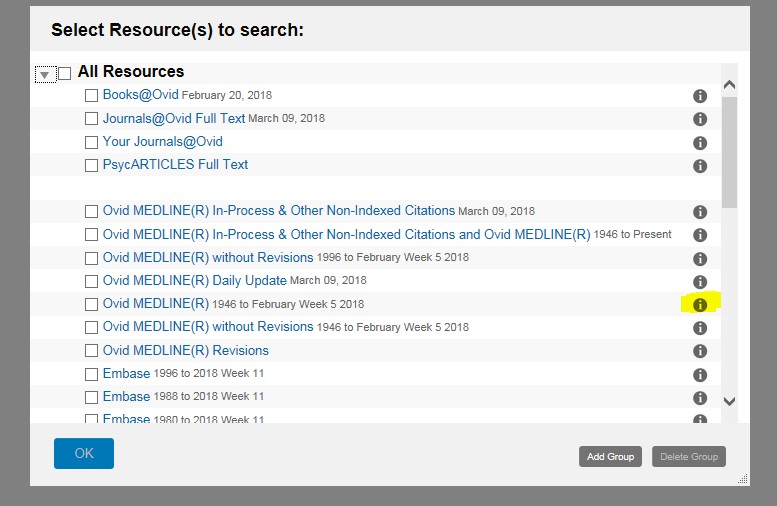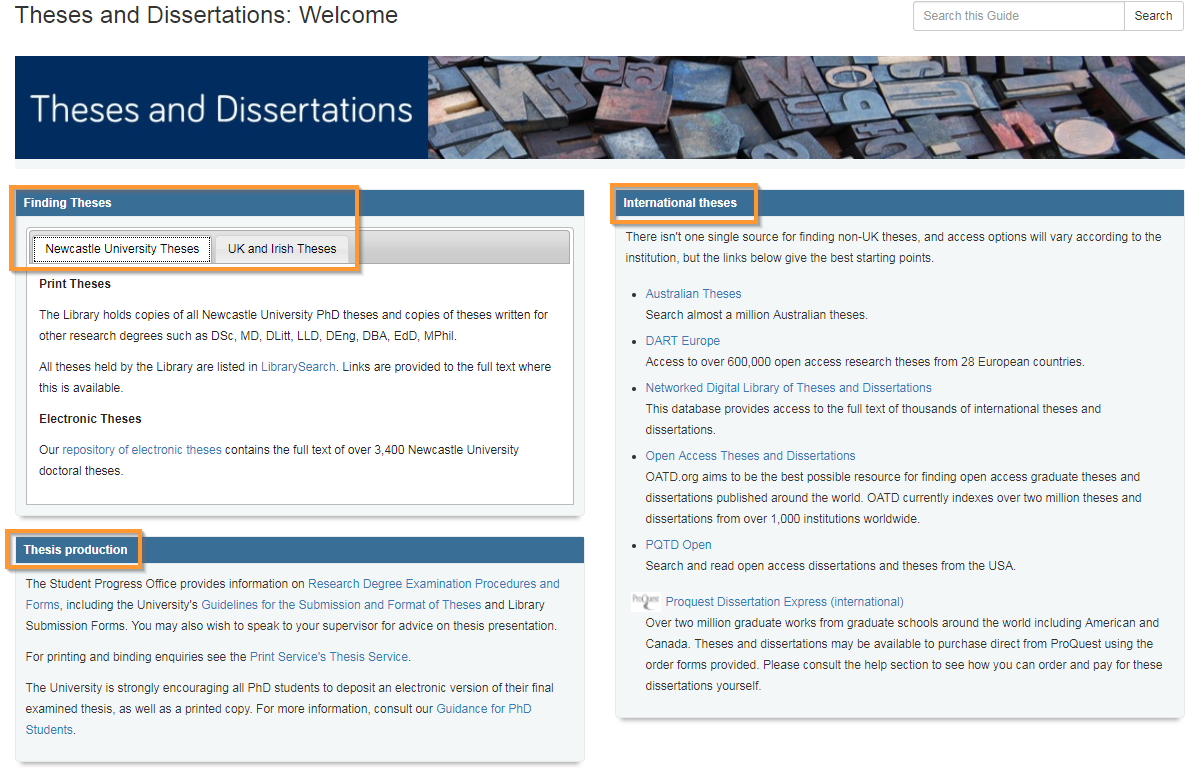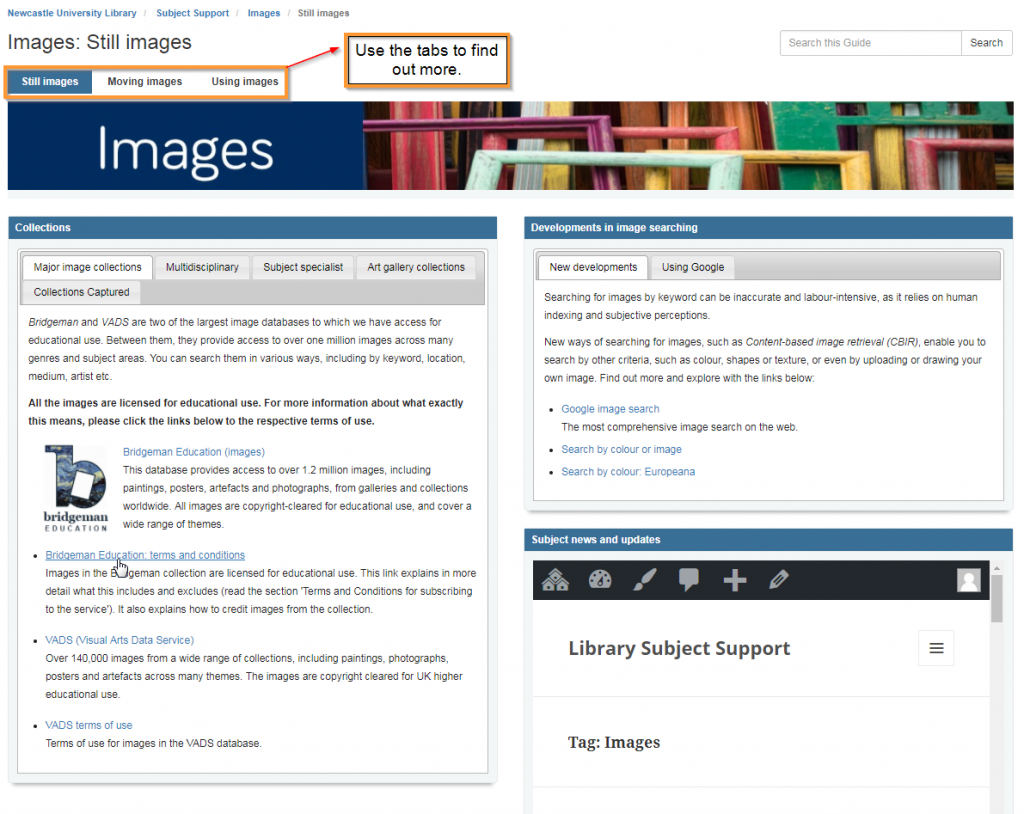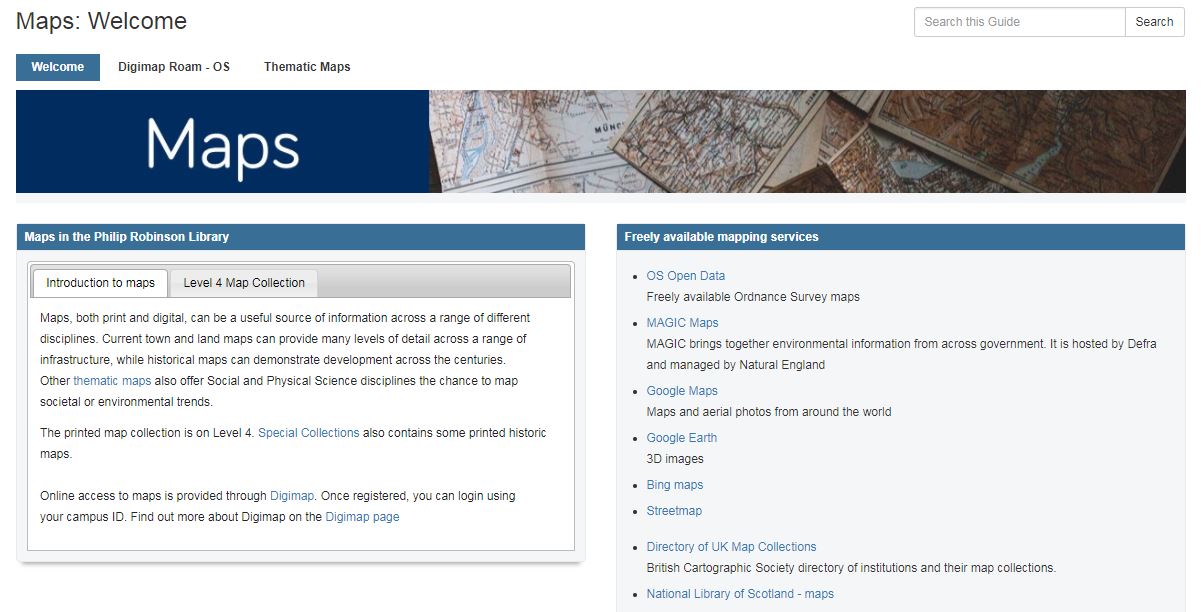Ovid enables researchers, clinicians, students and other healthcare professionals find medical information to make critical decision, improve patient care, enhance ongoing research, and fuel new discoveries. The Ovid platform gives access to a collection of databases.
Database and Coverage:
- Ovid Medline – 1976 to present
- Embase – 1974 to present
- PsychINFO – 1806 to present
- HMIC Health Management Information Consortium – 1979 to present
- Books@Ovid
- Journal@Ovid
Click on the database name above to go to the Fact file to find out more and to see whether they would be useful for your research.
Where can you find Ovid?
There will be links on your relevant subject guide or you can access the catalogue, Library Search.
Database Guides
Once you have accessed OVID through the above methods, you will see an initial selection window. To find out more about a specific resource, click on the Information icon at the right hand side of the page (see example below):
 Once you have decided on which database to search within OVID, then all you need to do is to tick the box next to the database you would like to search and then select ‘OK’.
Once you have decided on which database to search within OVID, then all you need to do is to tick the box next to the database you would like to search and then select ‘OK’.
Want to know more?
Each database in OVID has different subject headings and thesauri, however there are tips and tricks that you can learn that are common to searching all the databases on OVID. So why not check out the Advanced Searching Techniques or watch some of the help videos we have on our YouTube Channel.




